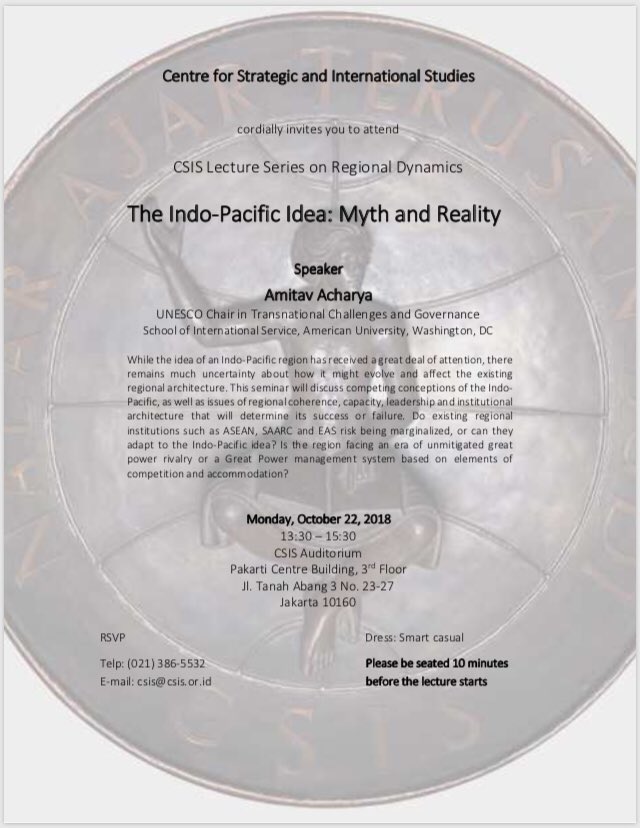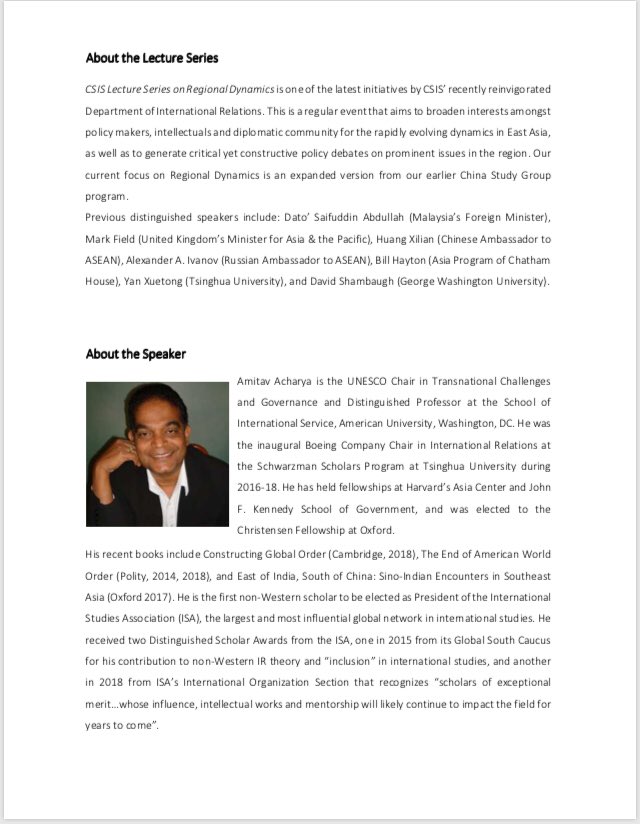"The future of globalization will be different and faster than people expected."
1. the past is about goods, now it is all about services
2. Telemigration fosters backlash, digital technology and globalization in advanced economies
He said that young people need to be prepared to be able to navigate multiple careers.
1. Education should be more lifelong
2. Creating multiple pathways
3. Integrating work and study elements
4. Prioritizing certain areas
5. Empowering individual is important
1. Providing training
2. Broadway cost-free fundings
3. Providing a national portal offering guidance labors vacancies & training for all citizens
4. Polytechnics
5. Private training organization
1. Investing in government support
2. Academia-teaching and researching
3. Education
4. Commitment and partnering with experts and universities
5. Building infrastructure and invest




